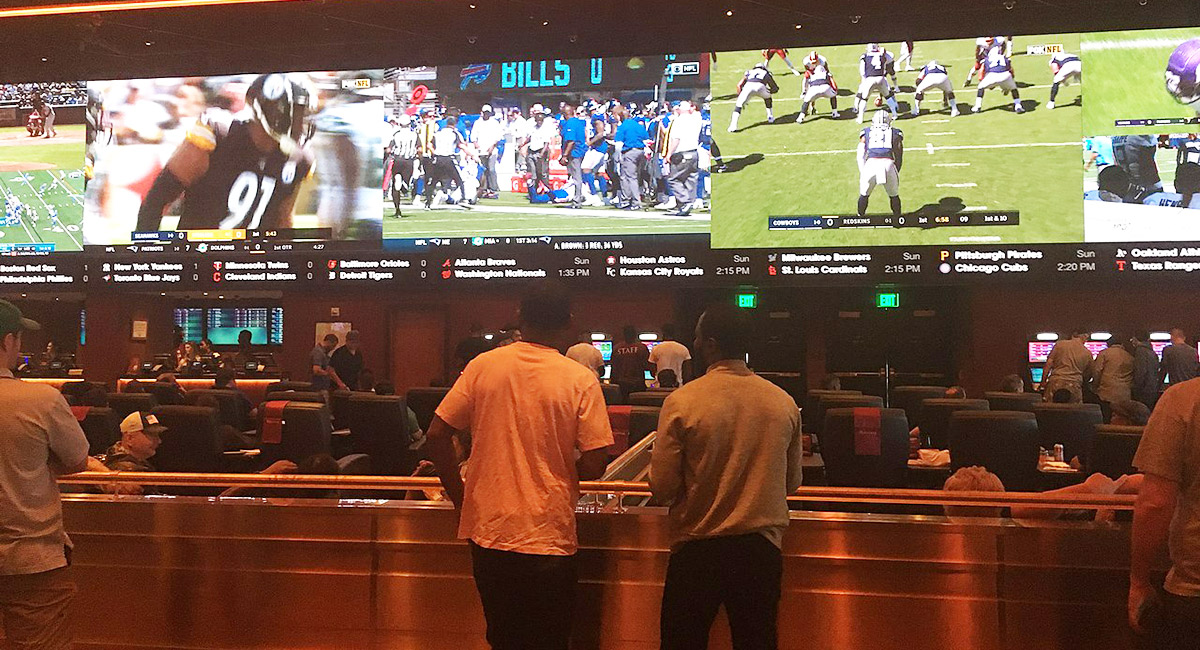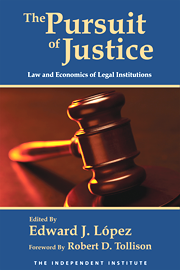Propositions 26 and 27 on the November 8 ballot are ostensibly about sports betting but they are so rife with objectionable provisions and protectionism for the various special interests pushing them that neither measure deserves passage.
Prop. 26 would allow sports betting but only in-person at Indian casinos and racetracks. It would also allow roulette and craps at Indian casinos. Curiously, betting on college teams would be allowed except for games involving California schools. So don’t expect to bet on the Bruins versus the Trojans, and that Cal-Stanford game would still be strictly verboten, too.
Prop. 27 would allow online sports betting but gambling businesses would have to partner with federally recognized Indian tribes, and those making wagers could not be located on tribal lands. Moreover, it would require sports betting companies to pay an initial fee of $100 million for a license, plus $10 million for renewal every five years. That would allow large online sports betting companies with deep pockets like DraftKings, FanDuel, and BetMGM to operate but it would effectively shut out any smaller competitors.
Though sports betting has virtually no nexus to homelessness, Prop. 27 would require a portion of tax and license revenues, estimated in the hundreds of millions of dollars, to be dedicated to state homelessness programs. That may sound like a lot, until you consider that there are an estimated 174,000 people experiencing homelessness in California and the average “affordable housing” unit costs $500,000 or more to build in the major cities—and construction projects in the Bay Area can average more than $1 million per unit.
Given the billions of dollars spent on homelessness at the state and local levels, the problem is not a lack of money but rather how that money is spent. California has put all its eggs in the “Housing First” basket. This approach seeks to get people off the streets immediately and place them in “permanent” housing (though many people end up cycling in and out of housing programs). It is coupled with a “harm reduction” approach that allows those who are suffering from substance abuse to continue using drugs.
But Housing First has been harshly criticized for enabling destructive behavior and failing to address the underlying reasons many people experience homelessness in the first place. Under a 2016 law, California state government only funds organizations that follow the Housing First doctrine, completely shutting out successful organizations that offer transitional housing or have the audacity to require program participants to be sober, hold a job or participate in services intended to treat drug and alcohol addiction, address mental illness or teach job and life skills that may be needed to escape homelessness.
In any case, Prop. 27’s homelessness funding provision smacks of a cynical attempt to buy votes based on an issue that the proponents know is at the top of many voters’ minds.
Many analyses of these ballot measures focus on whether sports betting is a “good” or a “bad” thing. But this ignores a more fundamental question: Should the government prohibit this voluntary behavior by consenting adults? After all, there are many things not banned by the state that are potentially harmful to us: consuming alcohol or marijuana, driving, having unprotected sex (and, given the outcomes of recent elections, one might even be tempted to include voting).
The state long ago ceded any moral argument against gambling when it allowed the practice for the California Lottery, which it enthusiastically encourages people to participate in through numerous advertisements, and on horse racing and at card rooms, not to mention the compacts allowing gambling at Indian casinos. The details of how and on what people gamble are almost immaterial (with the exception of the cruelty of animal fighting), and any restrictions that remain are logically inconsistent, if not outright hypocritical.
As 19th-century libertarian philosopher, writer and abolitionist Lysander Spooner observed, there is a big difference between vices and crimes. “Vices are simply the errors which a man makes in his search after his own happiness. Unlike crimes, they imply no malice toward others, and no interference with their persons or property,” Spooner asserted in his 1875 essay “Vices Are Not Crimes: A Vindication of Moral Liberty.”
“Unless this clear distinction between vices and crimes be made and recognized by the laws, there can be on earth no such thing as individual right, liberty or property—no such things as the right of one man to the control of his own person and property, and the corresponding and coequal rights of another man to the control of his own person and property.”Given the voluntary nature of this form of entertainment and the state’s history of endorsing many other types of gambling, sports betting should absolutely be permitted in California. But the market should be open to all entrepreneurs who wish to establish such businesses—not just a select few. And the manner of how that should take place, whether in-person, online or both, is a decision best left to businesses and consumers—not dictated by politicians and special interests. Californians would be better served by ditching Propositions 26 and 27 and pressuring lawmakers to remove existing restrictions on gambling.









